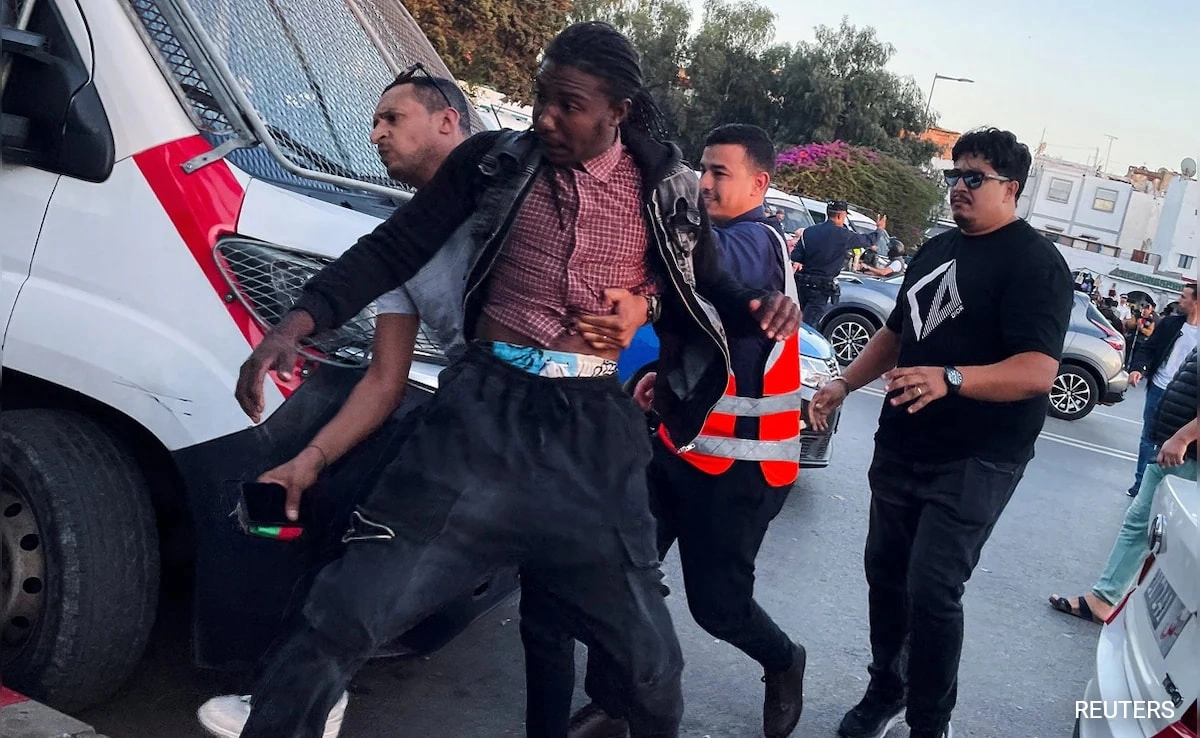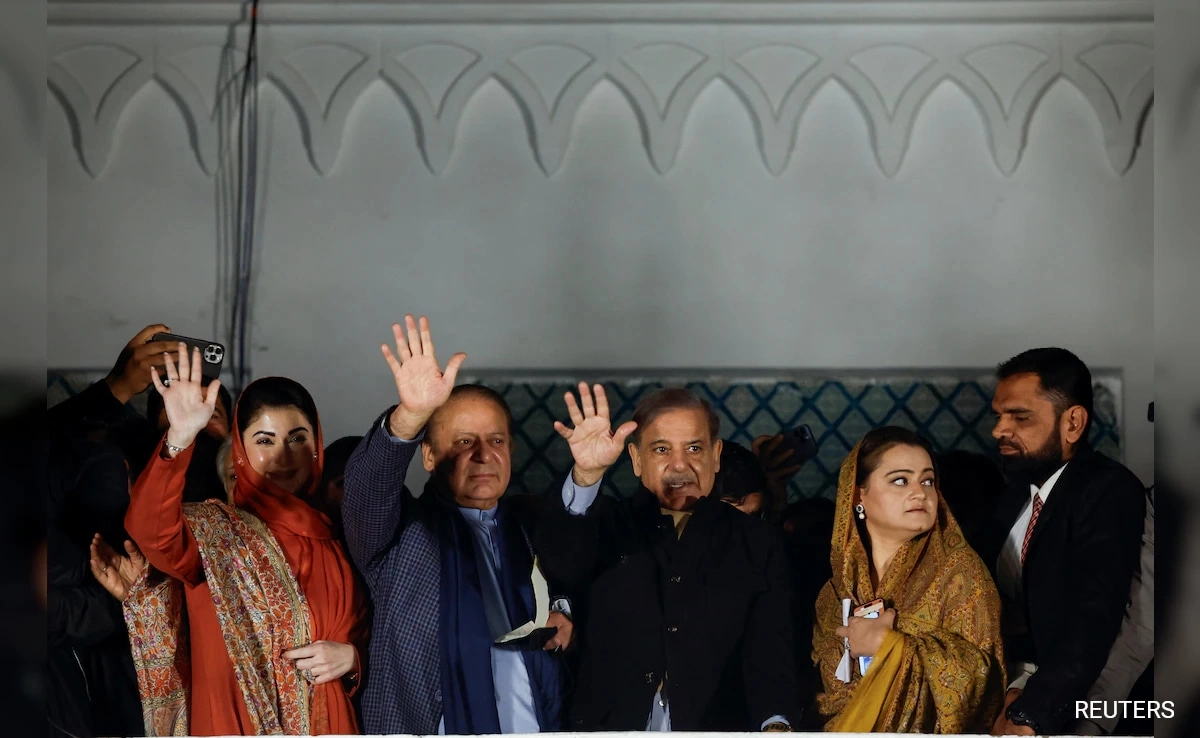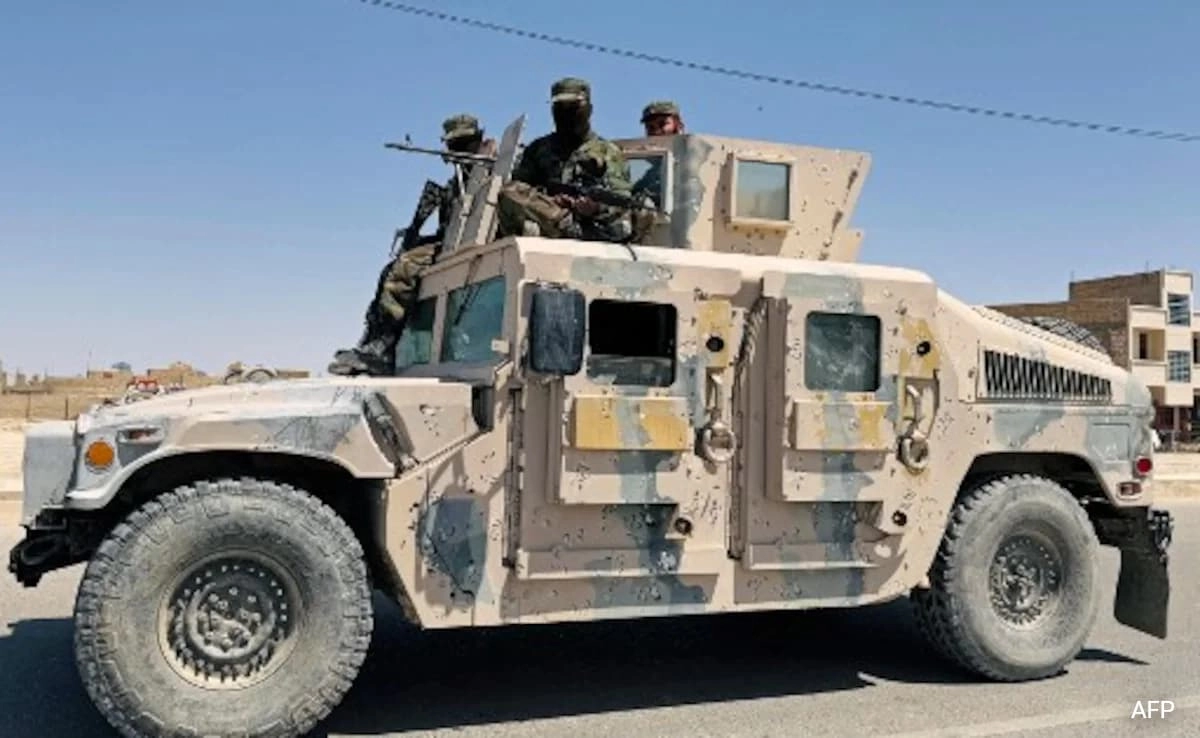Recent protests in Morocco, particularly those surrounding the “Genz 212” movement, have escalated into violent confrontations between demonstrators and security forces. Reports indicate that around 260 members of the Moroccan security forces sustained injuries during these tumultuous events. The unrest appears to stem from widespread dissatisfaction with socio-economic conditions, prompting citizens, especially the youth, to express their grievances through protests. These demonstrations have become a focal point for calls for reform and accountability, highlighting the challenges faced by many in Morocco.
The “Genz 212” movement, which represents a coalition of various groups advocating for change, has gained significant momentum as it echoes the sentiments of a populace frustrated by economic hardships, unemployment, and governmental ineffectiveness. As the protests intensified, clashes erupted, leading to an escalation of violence that has drawn national and international attention. The security forces, tasked with maintaining order, found themselves in increasingly precarious situations, resulting in numerous injuries among their ranks.
The Moroccan government’s response to these protests has been a mix of attempts to quell dissent while addressing some of the underlying issues raised by the demonstrators. However, the scale of the protests and the injuries sustained by security personnel underscore the depth of the public’s frustration. The situation remains fluid, with calls for dialogue and reform continuing to resonate among the protesters. As the government grapples with these challenges, the need for a balanced approach to governance and public relations has never been more critical in order to restore calm and foster long-term stability in the country.




